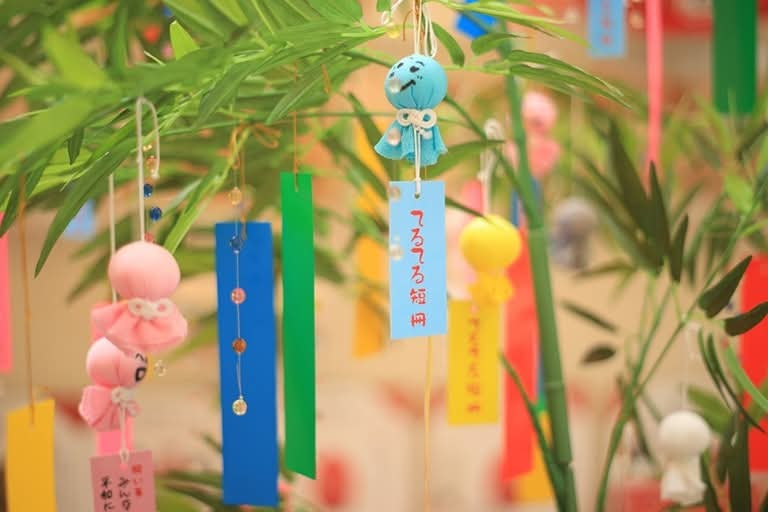**Teru Teru Bōzu: Japan’s Charming Tradition for Sunny Weather**
In Japan, it is common to see small, ghost-like dolls hanging in windows or beneath the eaves, especially when clouds gather and rain seems imminent. Known as teru teru bōzu, which translates to “shine shine monk,” these handmade charms are a cherished part of Japanese cultural tradition, believed to bring about clear, sunny skies.
Typically crafted from white cloth or tissue, teru teru bōzu are simple in design but rich in meaning. Children often make these dolls, particularly before school excursions, festivals, or any important outdoor events. The practice reflects a gentle hope for favorable weather, with each doll serving as a silent wish for a brighter day.
Despite their ghostly appearance, the purpose of teru teru bōzu is far from spooky. Instead, they embody optimism and the desire for pleasant weather. Over the generations, this folk tradition has been seamlessly integrated into daily life, showing how small, handmade charms can carry significant cultural and emotional weight.
Today, spotting a teru teru bōzu swaying in the wind or hanging just under a porch roof remains a common sight in Japan. These simple figures continue to symbolize quiet optimism and the universal human hope for better days ahead.











